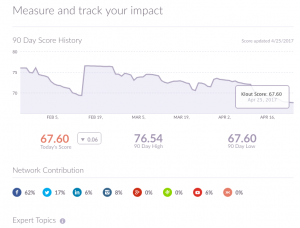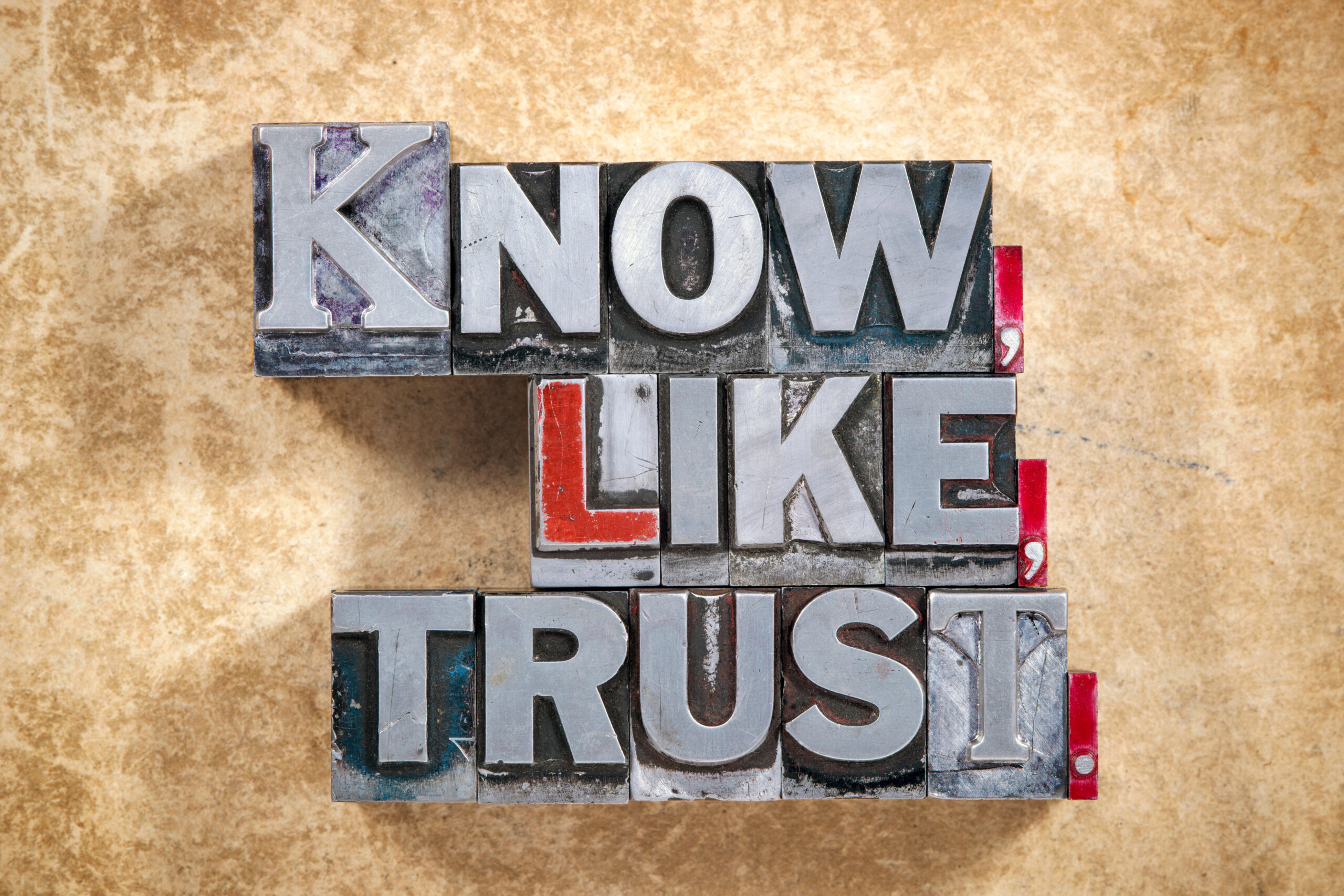This week, I have to give a speech — or as my wife calls it, a presentation, because only politicians give speeches, which you may or may not agree with — but she's my wife, she's always right. I have to listen to her.
Research
 Anyway, so the title of my presentation is Managing Your Reputation. I have done a lot of reputation management for people over the course of years. I'll talk about that at the end, but I wanted to do some research, and one of my friends suggested this book by John Ronson. I want to say Ron Johnson, but it's Jon Ronson. The book is called “So You've Been Publicly Shamed“. I got the audio book and I listened to it, and it's really a very, very interesting book.
Anyway, so the title of my presentation is Managing Your Reputation. I have done a lot of reputation management for people over the course of years. I'll talk about that at the end, but I wanted to do some research, and one of my friends suggested this book by John Ronson. I want to say Ron Johnson, but it's Jon Ronson. The book is called “So You've Been Publicly Shamed“. I got the audio book and I listened to it, and it's really a very, very interesting book.
In one of the chapters, he talks about this woman named Justine Sacco. She was one of these people that just posted a simple tweet, and it was a joke. I mean, she's one of those people that does fun stuff, and I do fun stuff, too. I do a caption contest, I do a quote of the day, and I sometimes step a little bit over the line. I try not to be political, but sometimes I can't help myself — but anyway, here's the post that she made back in 2013. She said, “Going to Africa. Hope I don't get AIDS. Just kidding. I'm white!”
 That post blew up. Not only did it blow up on Twitter, but the hatred that came out of it was just incredible, and you'd have to read or listen to the book because I cannot repeat any of the words unless I want to make this explicit and I don't want to do that. That's not what this podcast is about, but she was absolutely belittled because it was part racist, it was part like white privilege, you know, all the kind of stuff that you could possibly think about. Not only was she publicly shamed on Twitter, she ended up losing her job and it completely changed her life. So, reputation management starts with one thing and that is be safe. Don't post anything so controversial that people are just going to eat you alive, because they will.
That post blew up. Not only did it blow up on Twitter, but the hatred that came out of it was just incredible, and you'd have to read or listen to the book because I cannot repeat any of the words unless I want to make this explicit and I don't want to do that. That's not what this podcast is about, but she was absolutely belittled because it was part racist, it was part like white privilege, you know, all the kind of stuff that you could possibly think about. Not only was she publicly shamed on Twitter, she ended up losing her job and it completely changed her life. So, reputation management starts with one thing and that is be safe. Don't post anything so controversial that people are just going to eat you alive, because they will.
One thing that I learned from this book is if you do something on social media that other people don't agree with, they can beat you down. Occasionally, I put up something somewhat political because I get angry. When a dozen people get shot, I get angry. When there are riots, or burning down of synagogues or mosques or stuff like that, I get angry. I don't understand it. Then, people come out of the woodwork, and I like to call them trolls. They're trolling and they're putting their opinion out there saying you're wrong, you're stupid and get off of Facebook and they're trying to beat you down. You have to manage your own reputation.
Careful What You Post

Here's the deal, people. It's your reputation. You need to own it, you need to manage it, and you need to live it. So, be careful what you post, but also, be thoughtful when you do post things. Occasionally, if I do something like that and it starts to get out of control, I just delete it. Now, the one thing that you have to understand is that even if you delete things, they still live on the internet forever. Justine Sacco had that post where I could still find it. All I had to do was Google, and there it was. There was a copy of a picture of the post, so whatever you do online, you have to manage it.
Tools Of The Trade
As you go through and try to manage your own reputation, whether it's for you as a person or your business, I want to give you a handful of tools that you can use. Obviously, the first one is just Google. I mean, the bottom line is Google yourself, Google your business and see what's there. Now, don't stop at the first page. Go to the second, the third, the fourth, the fifth, the sixth. Keep looking. Every once in a while, you need to do that. There's another tool called Google Alerts. It's Alerts.Google.com. You can go in, if you have a Gmail account, and set up alerts so when your name is mentioned, when your business is mentioned, no matter what happens, it's going to send you an email to your Gmail account generally, that says hey you've been mentioned or the topic has been mentioned.
 The name of my business is B2b Interactive Marketing. It's a pretty generic term so I get a lot of alerts from other companies that are talking about that topic, but occasionally, I'm mentioned, I'm in an article, I'm in a podcast, whatever it is. It's nice to know when that stuff is out there, but don't stop there. Think about social media. Here's a handful of tools that you can use to monitor social media.
The name of my business is B2b Interactive Marketing. It's a pretty generic term so I get a lot of alerts from other companies that are talking about that topic, but occasionally, I'm mentioned, I'm in an article, I'm in a podcast, whatever it is. It's nice to know when that stuff is out there, but don't stop there. Think about social media. Here's a handful of tools that you can use to monitor social media.
One of them is called Brand Mention (brandmentions.com) and you can go in there for free and you can put in your name or you can put in your business. You can just type it in or put it in quotes, which means an exact match, and it will bring back everything that you've been mentioned about recently. It's not all-encompassing. I know that because I've tried it a handful of times.
I've learned about some others that can also help you monitor better. One's called TalkWalkerAlerts.com. That's another one you can sign up for, and it's kind of like Google Alerts. You can setup an email and it will email you when you're mentioned. I haven't used that one long enough to give you a yay or nay, but it's there.
 Another one that I have used for a long time is called Klout.com, and Klout basically grades you on your influence on the internet. It links to your Facebook, LinkedIn, Twitter, Instagram, Pinterest, a whole bunch of other things, and it basically ranks you against other people based on the content that you post. Now, this is not going to tell you whether it's positive or negative. It's just going to say how you rank. You can also use Hootsuite, and you can use that to monitor certain accounts. Now, I have not used this so I can't give you a real-life example of how well it works, but the bottom the line is, if you're a Hootsuite peep, go for it. Try it and see if you can use it to monitor what's happening on your domain or on your business.
Another one that I have used for a long time is called Klout.com, and Klout basically grades you on your influence on the internet. It links to your Facebook, LinkedIn, Twitter, Instagram, Pinterest, a whole bunch of other things, and it basically ranks you against other people based on the content that you post. Now, this is not going to tell you whether it's positive or negative. It's just going to say how you rank. You can also use Hootsuite, and you can use that to monitor certain accounts. Now, I have not used this so I can't give you a real-life example of how well it works, but the bottom the line is, if you're a Hootsuite peep, go for it. Try it and see if you can use it to monitor what's happening on your domain or on your business.
Now, finally, make sure you're checking Google Plus, Facebook, and Yelp for reviews. See if you're getting five-star reviews or one-star reviews, and see if there's anything that you can do because it's not easy to get those negative reviews removed.
Dealing With Negative Reviews

Now, as I told you at the beginning, I've worked with a bunch of people — politicians, lawyers, and stuff — who have had negative stuff put up about them, and they've come to me for reputation management. How do you handle that?
Well, when you're Google searched and something has so much clout to it (meaning it's being seen by more people, it has more traffic and stuff like that) — the only thing that you can do is try to push it down. By pushing it down, what I mean is that you have to write blog posts and you have to get those blog posts syndicated, so you really have to actively create content that becomes more liked and more shared than the negative thing that's sitting out there. That is the only way to get rid of it, because you cannot go to Google in America and have them remove something just because it's negative against you. That's the bottom line. The best way to actively manage your reputation is to control it by putting out great information that people know, like, and trust, and they share for you.
Final Thoughts
I would love to hear your stories, thoughts, and comments on this subject. Comment below and share ways that you have owned, managed, and lived your reputation!
To learn more about this and other topics on Internet Marketing, visit our podcast website at http://www.baconpodcast.com/podcasts/








